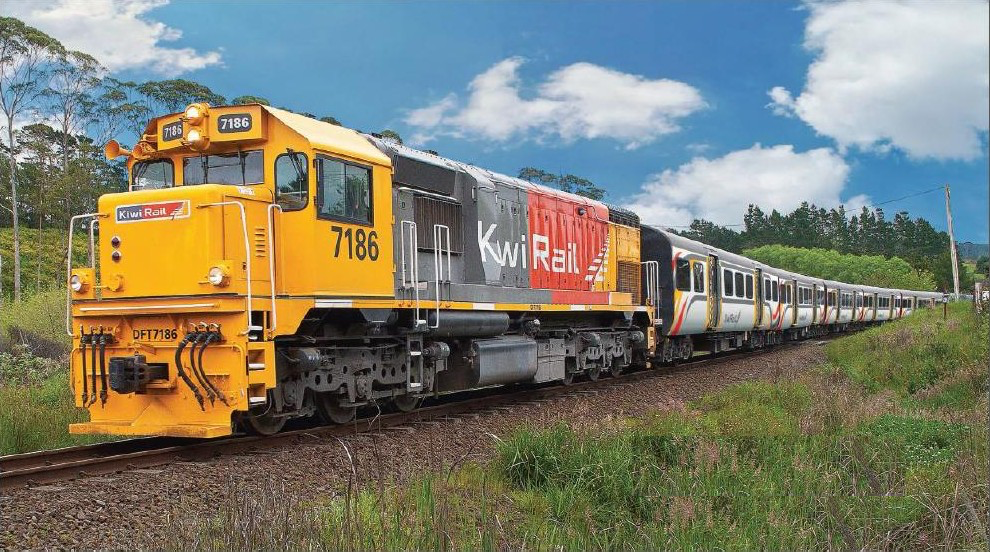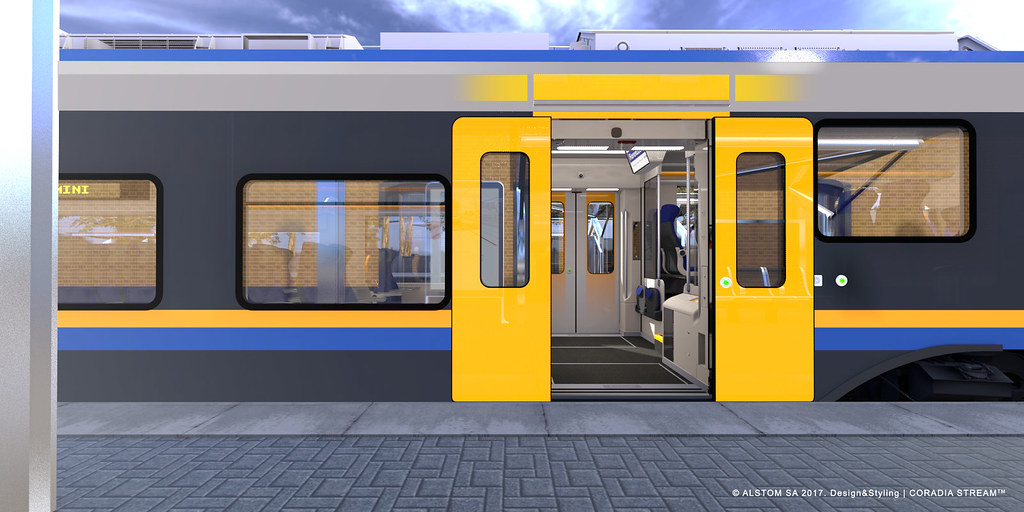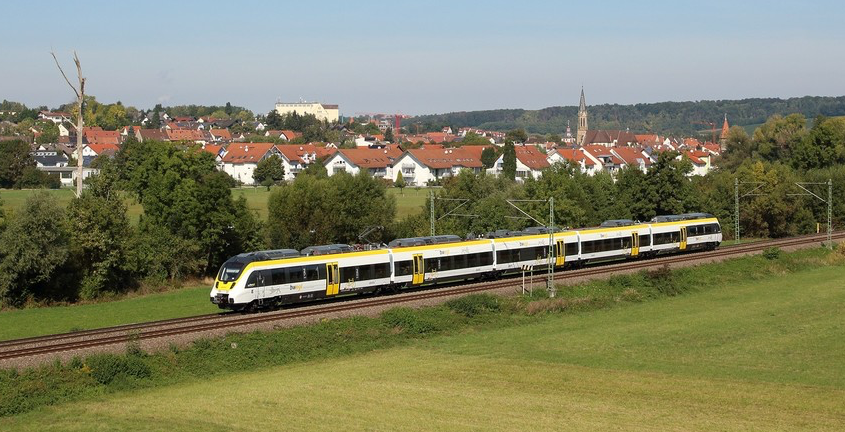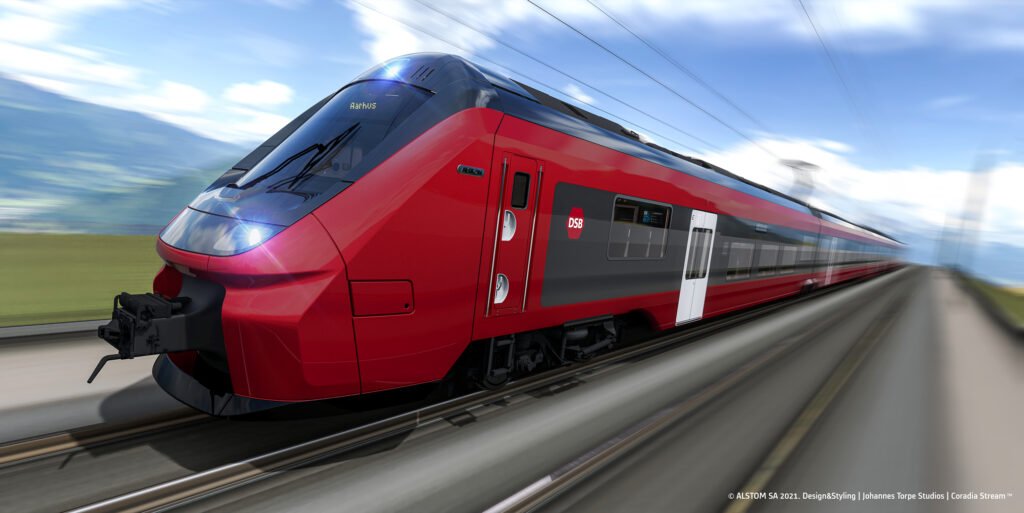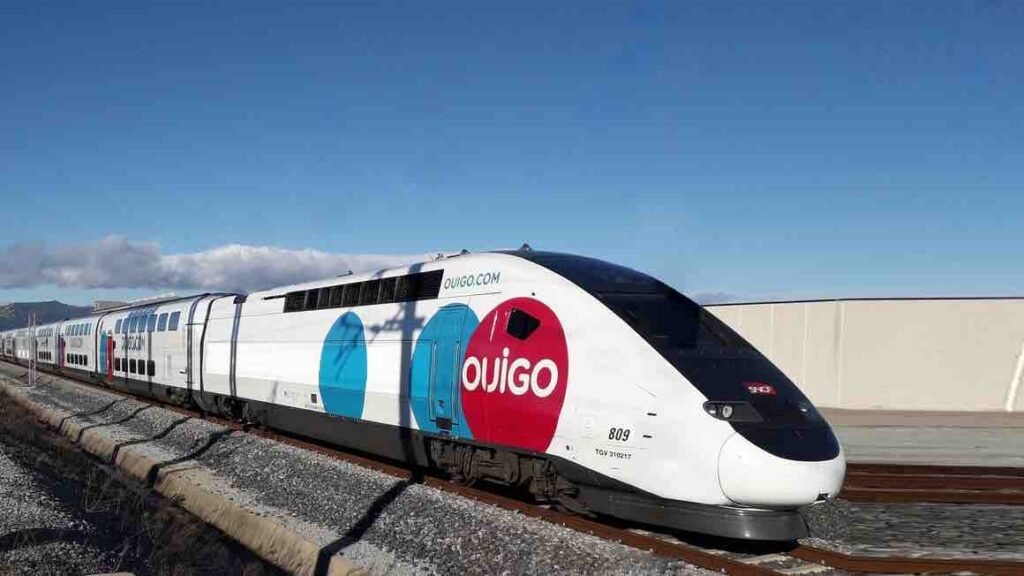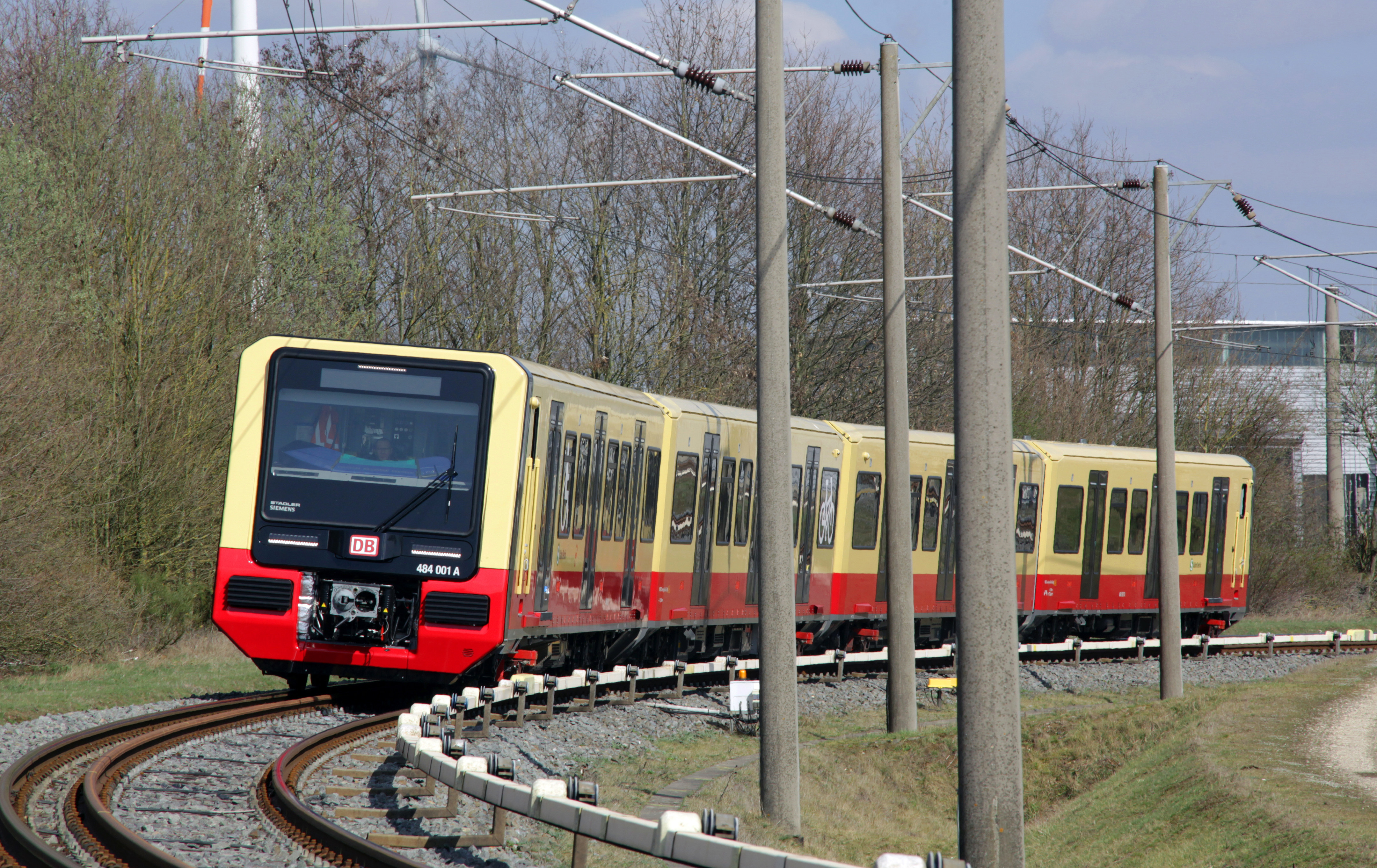Moving Egypt, A Modern Rail System That Will Transform Everyday Life
Siemens (OTC: SIEGY) Mobility unit will install a comprehensive rail system that will feature the first ever high-speed, electrified main and freight rail line that will transform transportation in Egypt. The initial 660 km line…



